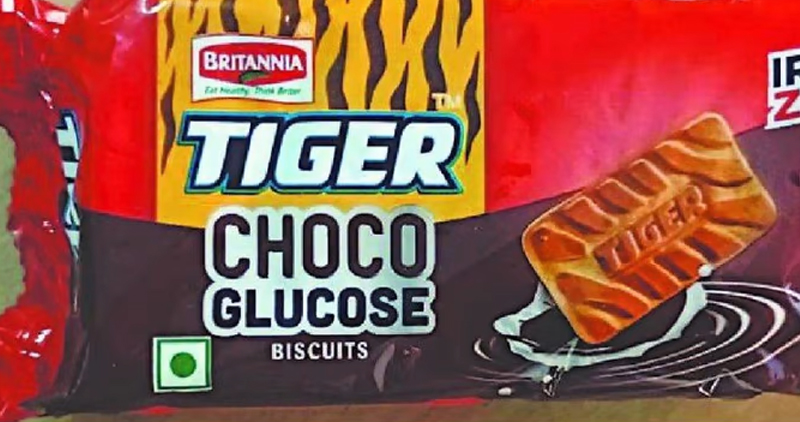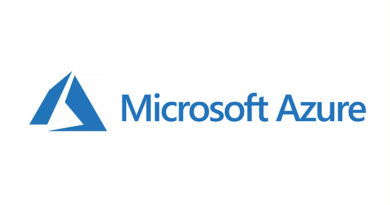New way to avoid inflation: Instead of increasing the price, companies are reducing the weight of the packet, cutting the expenditure on advertisements.
Due to rising commodity prices, FMCG companies are adopting a new approach to deal with it. Instead of making the products expensive, they are reducing the weight. Due to this, the customers are getting things in less weight at the old price.
Apart from this, FMCG companies are also bringing cheaper packs of some products and also reducing the cost of advertisements. Due to Russia-Ukraine, all commodities have been expensive for a long time. Along with this, the ban on the export of palm oil from Indonesia has increased the concerns of the companies. This is having the biggest impact on the earnings of the companies.
The impact on the products used on a daily basis
The products which are being hit the hardest by inflation are biscuits, chips, potato bhujia, small soaps, chocolates and noodles. These products are used daily in homes. Mayank Shah, Category Head, Parle Products, said that the sales of low weight packs are increasing.
AlooBhujia cut by 13 grams
Haldiram has reduced the weight of the pack of AlooBhujia from 13 grams to 42 grams. Earlier it was 55 grams. Parle ji has reduced the weight of 5 rupee biscuits from 64 gm to 55 gm, while the weight of Vim bar has been reduced by 20 gm. It has now become 135 grams instead of 155.
Bikaji halved the weight of the packet
Bikaji has halved the packet of Namkeen worth Rs.10. Earlier it was of 80 grams which has now become of 40 grams. Most of the companies have also reduced the weight of handwash from 200 ml to 175 ml.
Contribution of 25 to 33%
Small packs of Rs 1 to 10 contribute 25-35 per cent to the business of most FMCG companies. They increase the prices on big packs, but increasing the prices on small packs will be a loss-making deal.
Price increased in cities, weight decreased in villages
Dabur India said, in urban areas the customer can pay more, where the products have been made expensive. The weight of packets has been reduced in villages because packs of Re 1, Rs 5 and Rs 10 are sold more here. With inflation not showing relief in the near term, companies are now also introducing bridge packs, which mean combining two priced products into one.
HUL adopted a special approach
Hindustan Unilever (HUL) said that to deal with inflation, it is adopting the strategy of bridge pack. Small packs account for 24% of Emami’s total business. Britannia said 5 and 10 rupee products contribute 50-55 per cent to its business.



